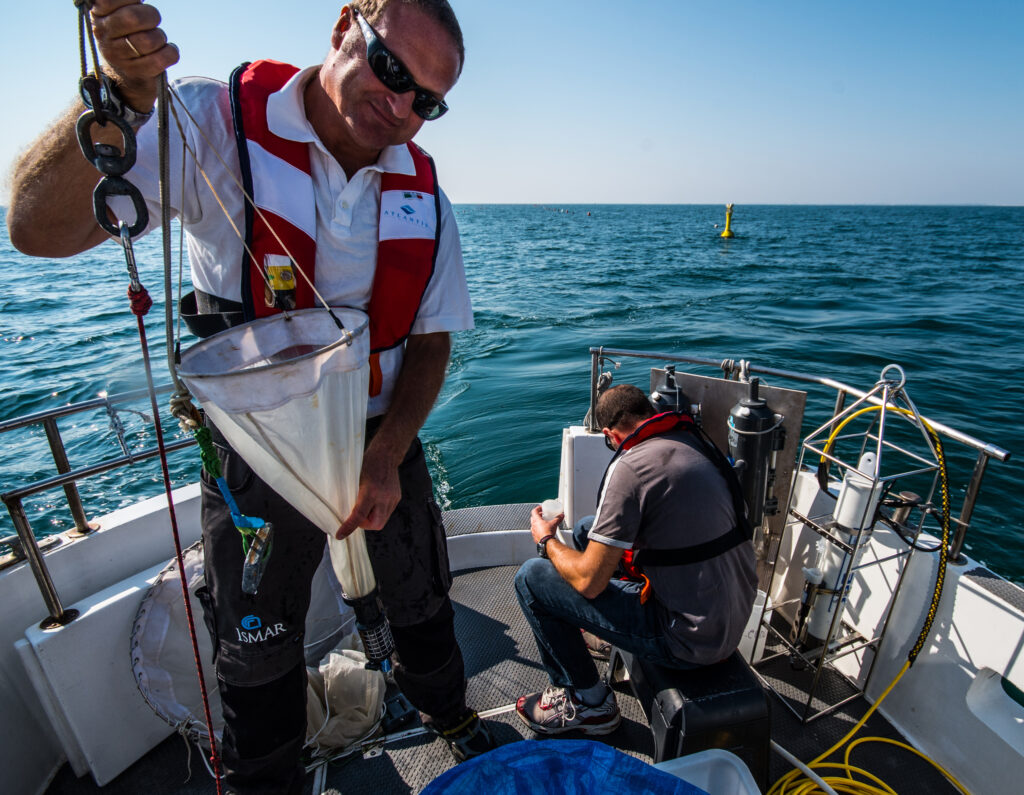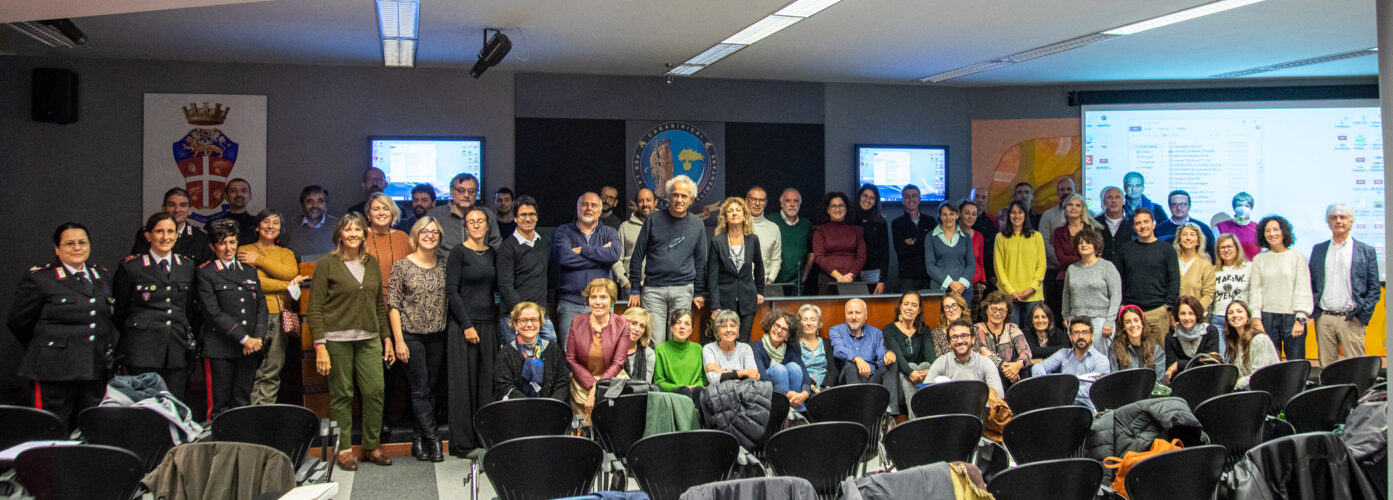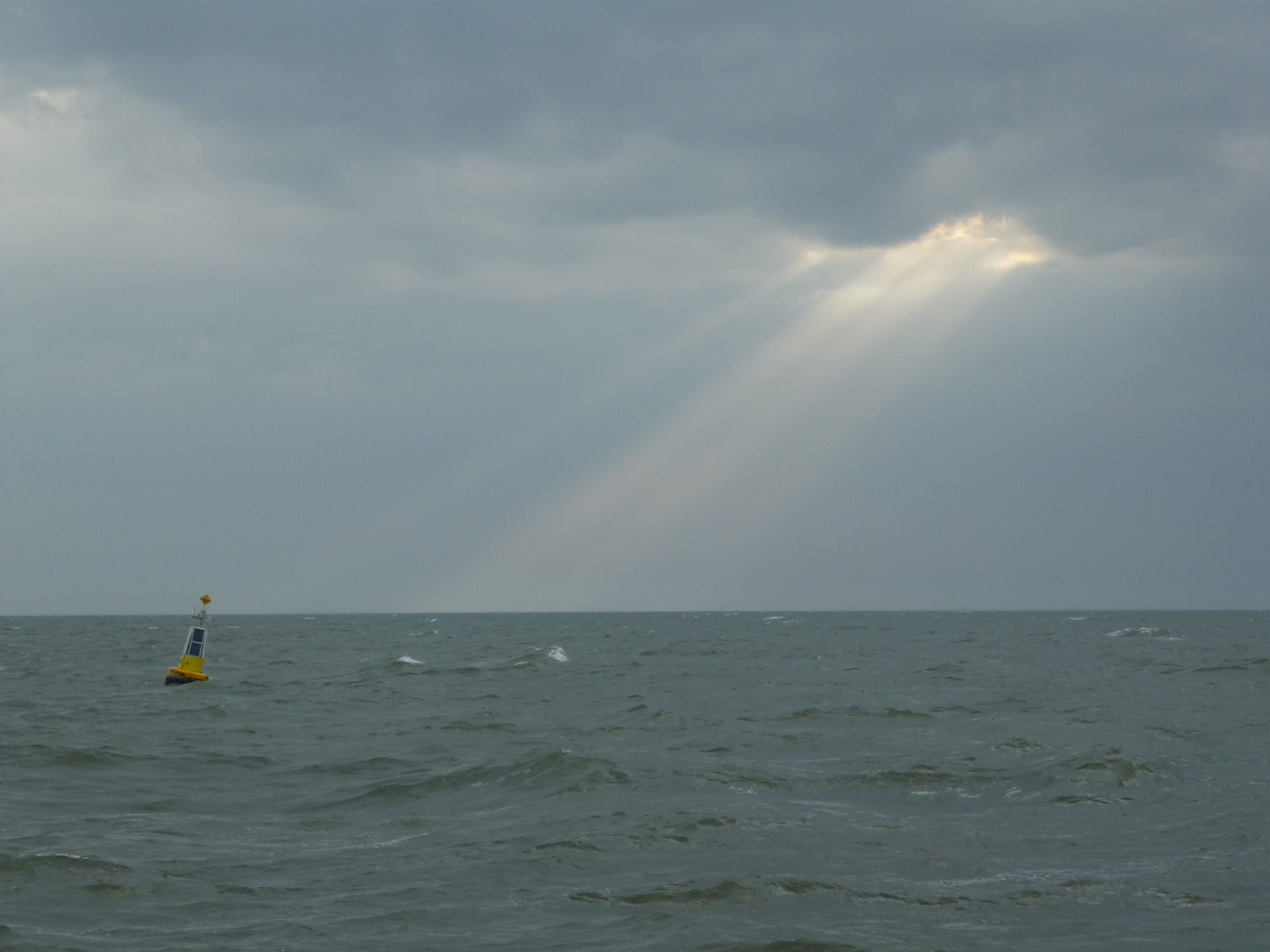
Who we are
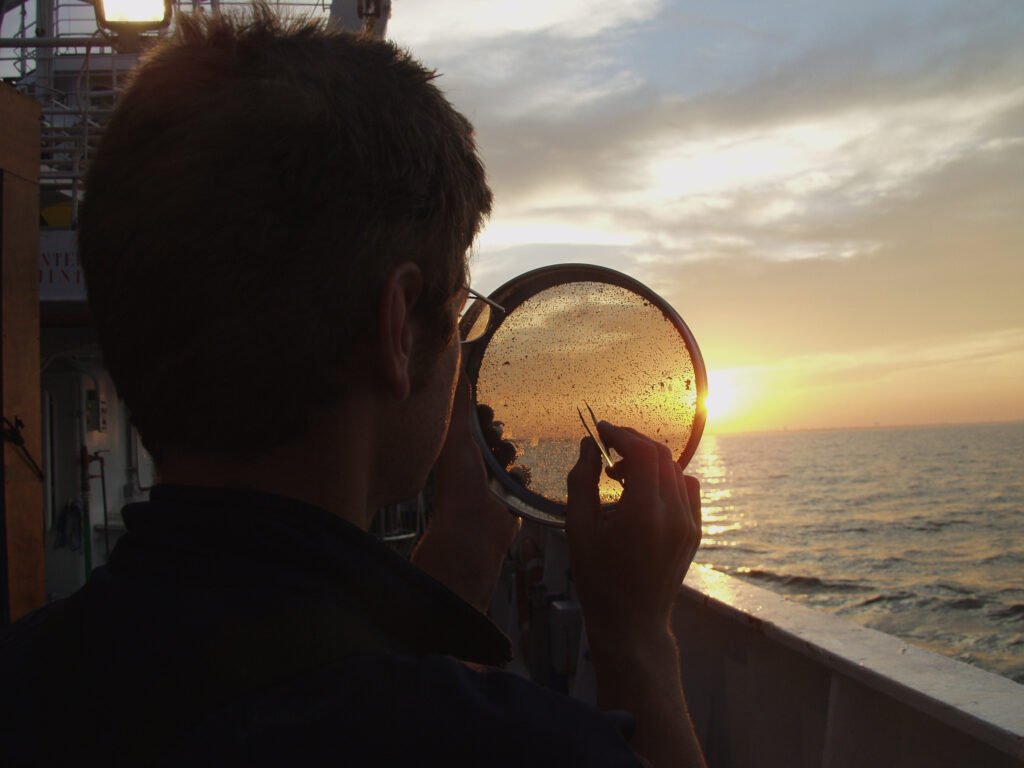
Long-term ecological research
Long-Term Ecological Research (LTER) studies focus on complex phenomena happening over a period of one or more decades, more or less the time of one to three human generations.
The LTER approach is crucial in understanding how ecosystems change through time and discriminates their natural transformation from the changes induced by human activities.
LTER studies adopt a socio-ecological approach to evaluate to what extent the causes and effects of environmental changes, like climate change, are generated and controlled by the structure, development, and adaptability of human society.
The LTER networks and LTER-Italy
The period between the end of the last century and the beginning of the new one saw the creation of the LTER international (ILTER), European (eLTER) and national networks, which then started to carry out long-term ecological research in collaboration.
LTER networks consist of research sites that are open windows into the ecosystems of our planet. Looking through these windows, we can follow the evolution of different ecosystems through time and understand their current state. Since the LTER sites are distributed on all continents, we can have a global view of a variety of ecosystems.
In 2006 LTER-Italy became part of the eLTER and ILTER Networks, and currently comprises 72 research sites located all across Italy and by 7 extraterritorial sites located in the Himalayan region and Antarctica.

The decades-long research carried out in these sites is the result of the coordinated efforts of many scientific institutions such as universities, research institutions, environmental protection agencies and other local entities.
The LTER data series goes back in time for several decades and represents a vast wealth of knowledge. LTER sites are places for researchers to discuss and exchange ideas and knowledge and for future ecologists training. The LTER research and its results are accessible to/for everyone, and the LTER sites are places for people of different interests and backgrounds to meet, join events, and exchange knowledge.
LTER-Italy five objectives are:
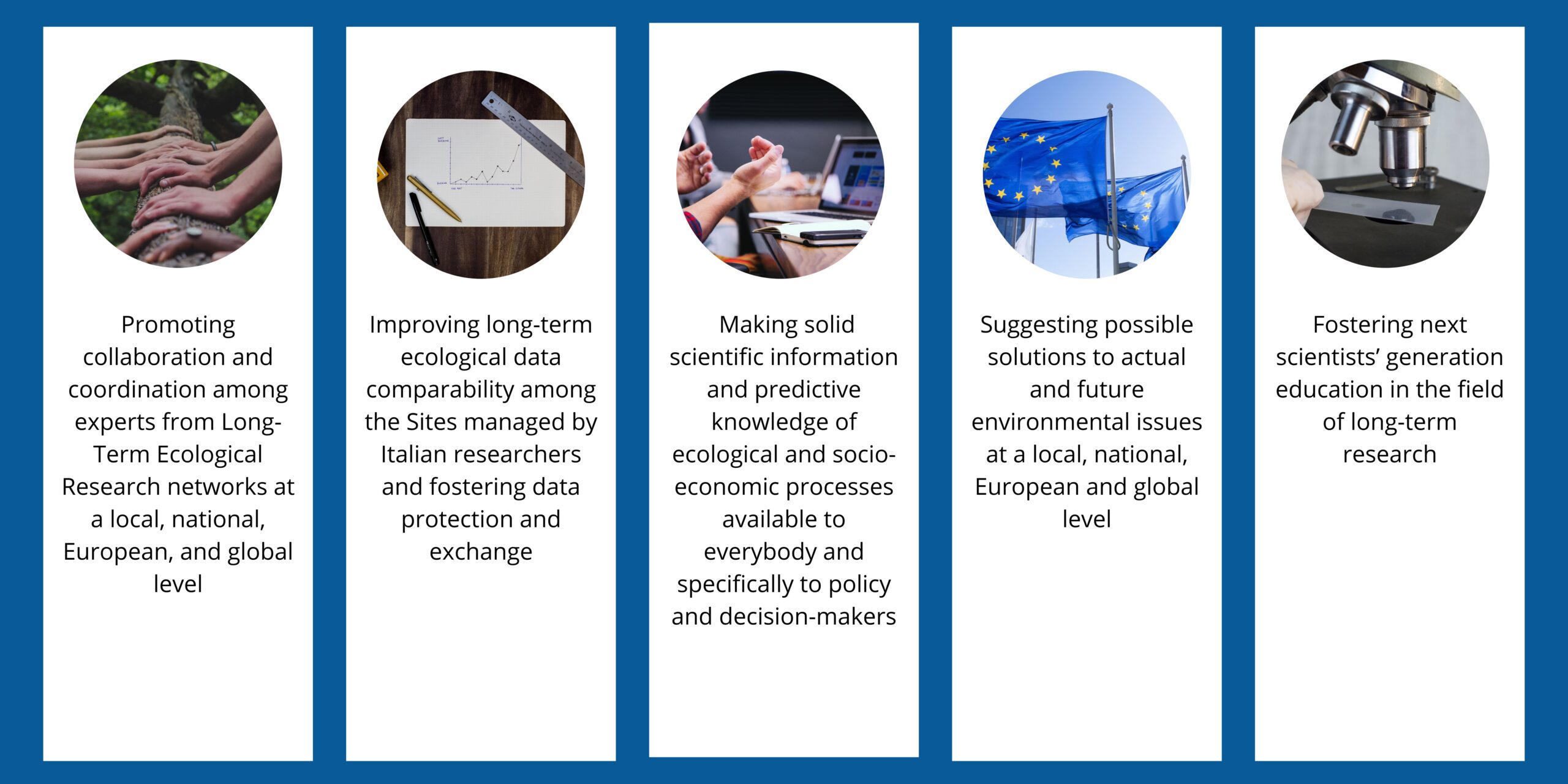
LTER-Italy is part of the research infrastructure “Integrated European Long-Term Ecosystem, Critical Zone & Socio-Ecological Research Infrastructure (eLTER-RI) that aims to create a European integrated research infrastructure for the long-term research on ecosystems, critical zone, and socio-ecological topics.
The eLTER-RI infrastructure has been part of the ESFRI (European Strategy Forum on Research Infrastructures) roadmap since 2018. It is currently in its preparatory phase and it is supported by two HORIZON projects: eLTER-Plus and eLTER-PPP. eLTER-RI was officially approved by the Italian Ministry of University and Research (MUR) and it is one of the high-priority infrastructures of the National Plan of Research Infrastructures (PNIR) 2021-2027.
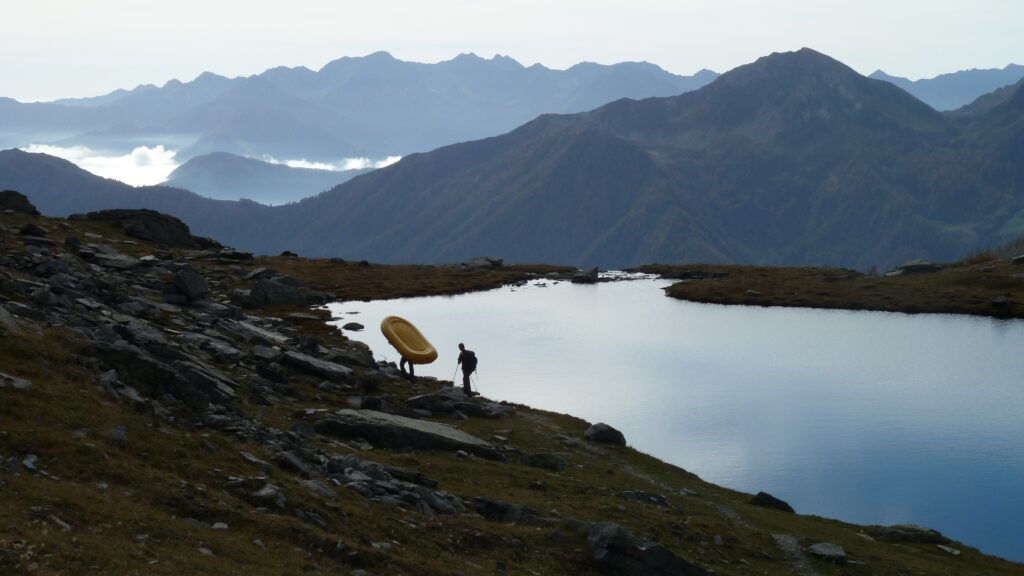
The story so far
At the beginning of the 90s, Italian research communities Finally adopted the idea of building a national long-term ecological research network based on the objectives of ILTER and started developing it.
This idea was further developed during two important congresses of Italian ecologists: the VII Congress of the Italian Ecology Society (SItE) in Naples in 1996, and the VII Congress of the International Ecological Society in Florence in 1998.
In the following years, several activities of the “LTER promoting group” led to the finalisation of the Network. In 2004, the Research Excellence network ALTER-Net (A Long-Term Biodiversity, Ecosystem, and Awareness Research Network) created the European background which enabled the consolidation of the Italian Network. At the time, the only Italian member of ALTER-Net was the National Forest Service (Corpo Forestale dello Stato- CFS). The CFS coordinated and finalized the creation of the LTER network, collaborating with the Italian National Research Council (Consiglio Nazionale delle Ricerche-CNR) and the LTER promoting group.
In November 2004, during a congress in Rome organised by the CFS, the researchers involved in the creation of LTER-Italy presented the first research site candidates to be part of the national network. A memorandum of understanding was signed by three CNR institutes (the Institute for Agro-Environmental and Forestry Ecology IBAF, the Institute for Ecosystem Study ISE, and the Marine Science Institute ISMAR), the CFS, the SItE and the Trieste Marine Biology Laboratory, for the LTER-Italy Network to become operative. This memorandum established two fundamental aspects of the Network: its structure and the data selection protocol.
In 2005 the LTER-promoting group became the main scientific and organisational entity. Its role was to coordinate the site delegates and to collaborate with ILTER. A Technical and Scientific Committee was elected to supervise and periodically assess the site’s scientific activities.
With the help of five external reviewers, the process of selection of the first LTER-Italy sites started: an official list of 17 sites was presented in March 2006 during the first General Assembly of LTER-Italy in Rome, held in the CFS General Inspectorate. During the General Assembly, the LTER promoting group acquired three new members and became the Executive Committee. The Technical and Scientific Committee gained seven new members and a proposed structure for LTER-Italy was submitted to ILTER for approval. During the international ILTER Coordination Committee meeting in 2006 in Gobabeb, Namibia, LTER-Italy was officially presented and became part of ILTER.
Since then, LTER-Italy kept growing, also thanks to the contribution of several projects. Among them, one of the most important was the LIFE+ EnvEurope (“Environmental quality and pressures assessment across Europe: the LTER Network as an integrated ad shared system for ecosystem monitoring, 2010- 2013). This project was written by the CFS and coordinated together with the CNR. LIFE+ EnvEurope was the first project entirely dedicated to LTER-Europe, a recently born network, and it was essential for the development and harmonization of the ILTER activities in the whole European network.
Between 2010 and 2012 another project contributed to the creation of an integrated monitoring system of biodiversity and forestry ecosystems. It was the LIFE project FACTS (“Forestry biodiversity assessment across Europe: towards an integrated system for biodiversity monitoring”) coordinated by the Italian Council for Agricultural Research and Agro-economy – CREA.
The flag project Ritmare (2012- 2017) funded by MIUR, supported the marine side of LTER-Italy, contributing to developing an efficient data management protocol and establishing a series of marine observatories in the North Adriatic Sea and the Gulf of Naples while consolidating the existing research structures.
